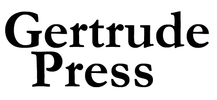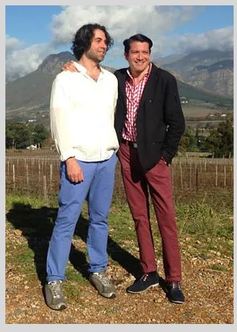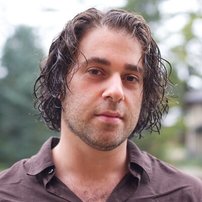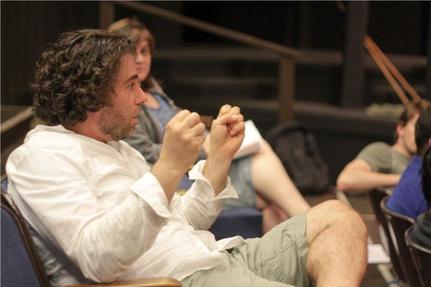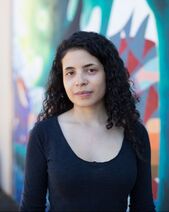Michael Barakiva is an Armenian/Israeli American theater director and writer. He has directed classic and contemporary plays as well as developed new pieces at many theaters in New York and across the country, including the Oregon Shakespeare Festival, Syracuse Stage and Ensemble Studio Theater. In addition to his novel, One Man Guy, Michael has co-written a new play, String Theory, loosely inspired by Greek myth, with Amy Boyce Holtcamp and Sarah Braunstein, and The Nature of Things, a commission from the Sloan Foundation, based on the life of Lucretius. His next book, Hold my Hand, is due out in 2019.
Michael holds a B.A. in Drama and English from Vassar College, and attended the Juilliard School as an Andrew W. Mellon Directing Fellow. Awards and affiliations include Phil Killian Fellowship at the Oregon Shakespeare Festival, Drama League Summer Fellowship, the David Merrick Prize in Drama and the Lincoln Center Directors' Lab. He was also featured on an episode of MTV's Made, in which he coached two high school students through the process of writing, directing, and producing a play.
Michael lives with his husband Rafael. He proudly serves as the Artistic Director of the Hangar Theatre in Ithaca, NY, as well as The Upstart Creatures, in New York City.
Michael holds a B.A. in Drama and English from Vassar College, and attended the Juilliard School as an Andrew W. Mellon Directing Fellow. Awards and affiliations include Phil Killian Fellowship at the Oregon Shakespeare Festival, Drama League Summer Fellowship, the David Merrick Prize in Drama and the Lincoln Center Directors' Lab. He was also featured on an episode of MTV's Made, in which he coached two high school students through the process of writing, directing, and producing a play.
Michael lives with his husband Rafael. He proudly serves as the Artistic Director of the Hangar Theatre in Ithaca, NY, as well as The Upstart Creatures, in New York City.
